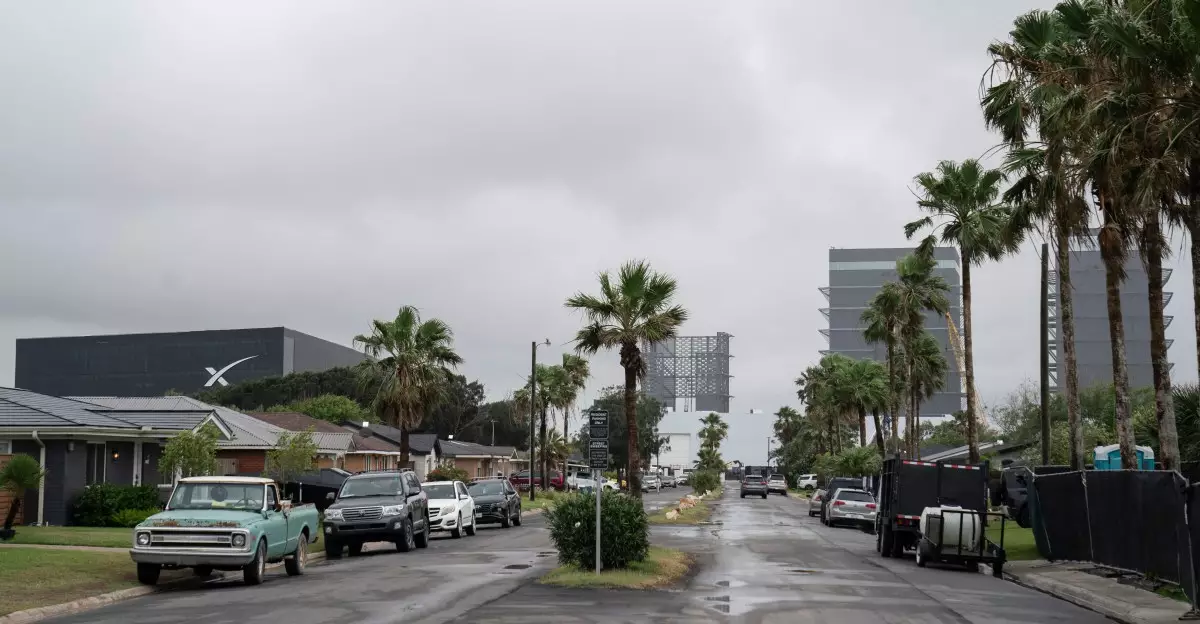In an unprecedented move that echoes the ambitious nature of its founder, SpaceX employees have voted to incorporate their surroundings into a new city, named Starbase, Texas. This decision, made with an overwhelming majority of 212 to 6, reflects not only the growing influence of SpaceX but also a shift in the dynamic relationship between corporate power and local governance. Situated near the Gulf of Mexico, this area is not merely a launch site; it is on its way to becoming a hub of innovation and potentially a political entity that aligns closely with the interests of SpaceX.
The Motivation Behind Incorporation
The push for incorporation stems from a desire for greater autonomy and control over local resources. Employees, predominantly associated with SpaceX, recognized that having their own city could grant them the power to navigate regulatory framework more efficiently. Currently, SpaceX requires permissions from Cameron County to close Boca Chica Beach during launches—an arrangement that may soon be altered. With the newly formed Starbase, legislative measures like Texas Senate Bill 2188 could facilitate significant shifts in local governance, enhancing SpaceX’s operational freedom. Such legislative changes are indicative of a growing trend where corporate interests are increasingly intertwining with local administration.
Elon Musk’s Vision Realized
The trajectory of Starbase aligns closely with Elon Musk’s vision, which he articulated in 2021. The city is not just about infrastructure; it symbolizes Musk’s relentless pursuit of innovation and his drive to create a utopia where space exploration is prioritized. His declaration on social media, claiming victory even before the final vote results were released, showcases his confidence and ability to galvanize support. His leadership style, often unorthodox, redefines the traditional notions of governance where corporate influence could guide civic policies.
Demographics and Influence
It’s noteworthy that the vote was limited to a narrow pool of just 283 eligible participants, of which approximately 60% are SpaceX employees. This raises important questions about representation and the implications of such a concentrated workforce on local governance. The fast-tracking of Starbase’s incorporation illustrates a larger narrative about how employment can dictate civic rights. When only a specific group of individuals is empowered to vote on city matters, the unique needs of other residents and stakeholders may be compromised or overlooked.
Challenges Ahead
While the formation of Starbase brings many opportunities, it also heralds potential challenges—especially with regard to federal regulation. SpaceX has historically found itself at odds with federal entities like the Environmental Protection Agency and the Federal Aviation Administration, which exist to safeguard public interest. The construction of a new city, however, could complicate regulatory oversight. As Musk’s ambitions unfold, the delicate dance between federal oversight and corporate autonomy will likely face critical tests as the implications of living in a corporate city become clearer.
The establishment of Starbase presents a significant shift in the landscape of corporate governance and local democracy. While the vision is ambitious, it raises critical questions about governance, accountability, and the future of community in an age increasingly defined by corporate influence.

